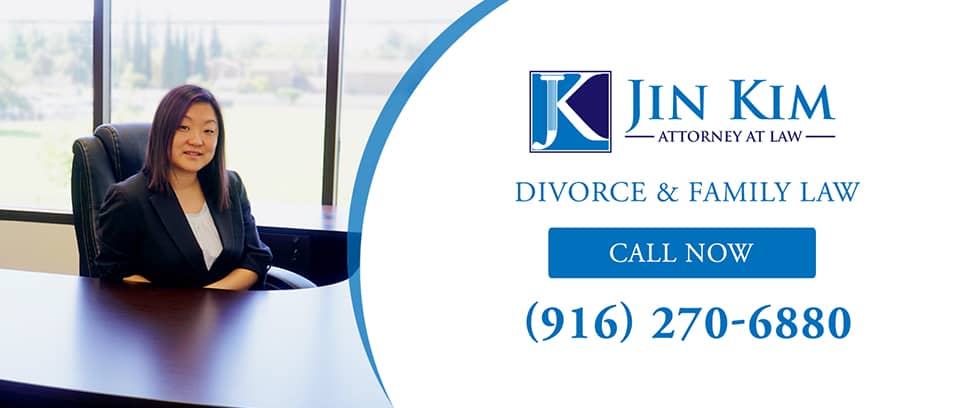We’ve previously discussed the right to reimbursement in divorce. This blog post further explores the right to reimbursement in a question-and-answer format.
Can parties waive the right to reimbursement?
Yes. Parties can execute a waiver that relinquishes the right to be reimbursed for contributions made to community property from separate funds.
Is reimbursement required if there is no waiver?
Yes. Courts are required to order reimbursement for contributions made from separate funds if there is no waiver relinquishing the right to be reimbursed
What constitutes a waiver?
There must be both an intentional act of waiving the right and knowledge of the right being waived. There must be an actual intention to relinquish the right to be reimbursed when making the waiver.
Is a premarital agreement that states that separate property will remain separate property sufficient to constitute a waiver?
No, it is not sufficient to constitute a waiver. The requirements mentioned above must be complied with.
Our agreement on contributions left out the right to reimbursement. Does that operate as a waiver?
Mere silence on an agreement regarding the right to be reimbursed does not automatically operate as a waiver. There must be both intent and knowledge.
Are properties subsequently acquired subject also to the right of reimbursement?
Yes, provided that the properties were acquired from the proceeds of the initial property where contributions were made. For example, if a spouse contributes to the improvement of their home, and a mortgage was later taken out on the home to purchase a summer home, then the spouse will also have a right of reimbursement on the summer home.
What are the liabilities of a married person’s separate property?
The following pursuant to Family Code § 914 are liabilities of a married person and their separate property:
- A debt incurred for necessaries of life of the person’s spouse before the date of separation of the spouses.
- A debt incurred for common necessaries of life of the person’s spouse after the date of separation of the spouses.
What is required to determine the date of separation?
Only two requirements are needed to be able to determine the date of separation. It is not even necessary that the couple is living apart before they can be considered separated. The requirements are:
- The spouse has expressed to the other spouse the intent to end the marriage; and
- The conduct of the spouse is consistent with the intent to end the marriage.
How are child and spousal support obligations from a previous relationship treated?
Child and spousal support obligations from a previous relationship are to be treated as a form of debt incurred by a person before getting married. As such, it is properly characterized as separate debt. Community properties and income may not be used to pay for such obligations.
What if community funds were used to pay child and spousal support obligations from a previous marriage?
If ever community funds were used to pay child and spousal support obligations from a previous marriage, then the community is entitled to reimbursement from the separate property of the spouse who was supposed to pay.
What are the rules if the liability arises from a tort?
The following rules apply in case the liability arises from torts, such as personal injury judgments:
If the liability of the married person is based upon an act or omission which occurred while the married person was performing an activity for the benefit of the community, the liability shall first be satisfied from the community estate and second from the separate property of the married person.
If the liability of the married person is not based upon an act or omission which occurred while the married person was performing an activity for the benefit of the community, the liability shall first be satisfied from the separate property of the married person and second from the community estate.
